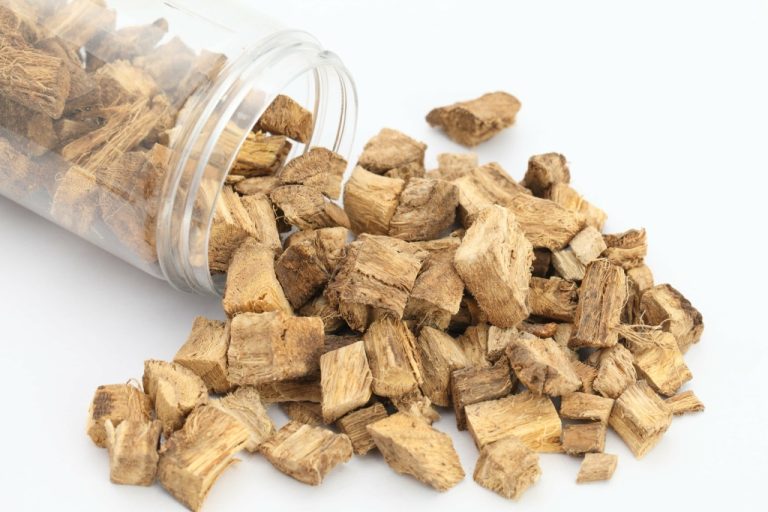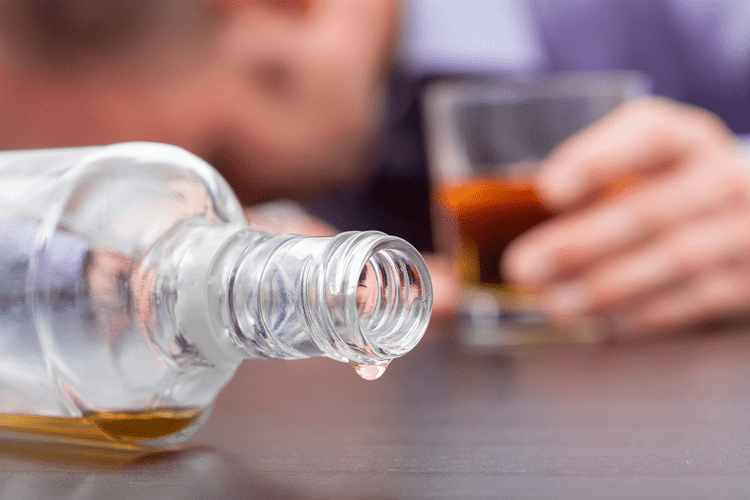60 MORE Substance Abuse Group Therapy Activities
That’s where mindfulness and stress-reduction activities come in, offering participants tools to navigate the stormy seas of early sobriety. One engaging activity is “Feelings Charades.” Participants act out different emotions while others guess. It sounds simple, but it can be surprisingly challenging and enlightening.
Group Activities In Addiction Recovery
Many people find solace in music, making music therapy an effective substance abuse group activity. Group reflection promotes self-awareness and emotional regulation, as participants learn from one another’s experiences and lean on each other for support. Participating in group physical fitness and outdoor adventures can play a significant role in relapse prevention. Cooperative games such as untying a “human knot” and forming a “human pipeline” to transfer a ball across a distance work to build communication and problem-solving skills. They can also help group members become more comfortable with engaging in sober fun and working in physical proximity. At the end of each “scene,” the therapist checks in with the group member whose life events are being reenacted.
What role does role-playing play in group therapy?

Studies of youth support groups found that 73% of adolescents who attended group sessions were better off than those who didn’t. For both youth and adults, this format of support can reduce isolation, generate a sense of community, and offer broader perspective and insight not gained in individual therapy. Treatment works, and the earlier a person who needs treatment gets the treatment they need, the better the outcome. Maintaining a safe space involves setting ground rules for respectful behavior and confidentiality. Regularly checking in with participants and being responsive to their needs further supports a positive and secure environment. This mental relaxation is essential for overall well-being and helps to prevent burnout.
What are 5 Engaging Recovery Group Activities to Foster Healing and Connection?
Group therapy can give them a chance to feel connected to others, and witness others in their own recovery. This session discusses steps to rebuild trust with family, friends, and oneself through honesty, consistency, and patience, helping members repair important relationships. Boundaries are crucial for maintaining mental well-being and avoiding toxic influences. This session discusses the importance of setting personal boundaries and provides strategies for communicating them effectively with others. Spirituality can provide a sense of purpose and inner peace in recovery for those interested.
Engaging in group games fosters a sense activities for recovery groups of community and belonging, which is crucial for recovery. Printable recovery games provide an accessible and cost-effective tool for individuals and recovery programs. These games can be easily integrated into therapy sessions, group activities, or used at home, making them versatile and adaptable to various recovery stages.
- Explore various programs, SoonerCare, and non-profit resources to start your path to recovery today.
- Journaling and reflection sharing are valuable recovery group activities that enhance self-awareness, provide an emotional outlet, and deepen connections within the group.
- Recovery is about more than just staying sober—it’s about learning how to have fun again without substances.
- They can confront, express, and release pent-up feelings tied to their addiction through colors and strokes.
- The key here is to ensure that the participants feel at ease and are encouraged through their energetic involvement in various activities.
If you or someone you care about is struggling with drug or alcohol addiction, we can help you explore your recovery options. Peer support networks provide relatable experiences and a sense of camaraderie that can be incredibly empowering. This shared experience can strengthen the sense of community within the group, making members feel more connected and understood.
For medical advice please consult your physicians or ChoicePoint’s qualified staff. Drumming circles are a rhythmic experiential exercise for group therapy that promotes unity, expression, and stress relief. Each participant takes part in creating a communal rhythm, and the collective sound becomes a symbol of shared experience. Drumming can serve as a powerful outlet for releasing emotions and fostering a sense of togetherness in the group.
Group Cognitive Behavioral Therapy

Painting, drawing, playing music, songwriting, and other healthy artistic pursuits may help the brain recuperate from disease and injury. This broader worldview can be instrumental in recovery, helping individuals step out of their comfort zones and engage in constructive discussions. On the other hand, it cultivates a sense of accountability, as others rely on the volunteer’s commitment and contribution. Exposure to positive role models in volunteer settings https://elin88.net/relapse-prevention-plan-version-2-worksheet/ can further inspire and guide individuals on their path to recovery. Beyond its emotional benefits, playing or listening stimulates various parts of the brain, enhancing healing and cognitive functioning.
compassionate ways to talk to a loved one about addiction
Each participant contributes images, words, or colors that reflect their personal journey. This activity encourages teamwork, unity, and a deeper understanding of the group’s collective goals. Getting involved in group activities brings many wonderful benefits that are often hard to find on your own. These experiences Halfway house can really support men through their healing process and make their recovery journey a lot more meaningful and effective.
